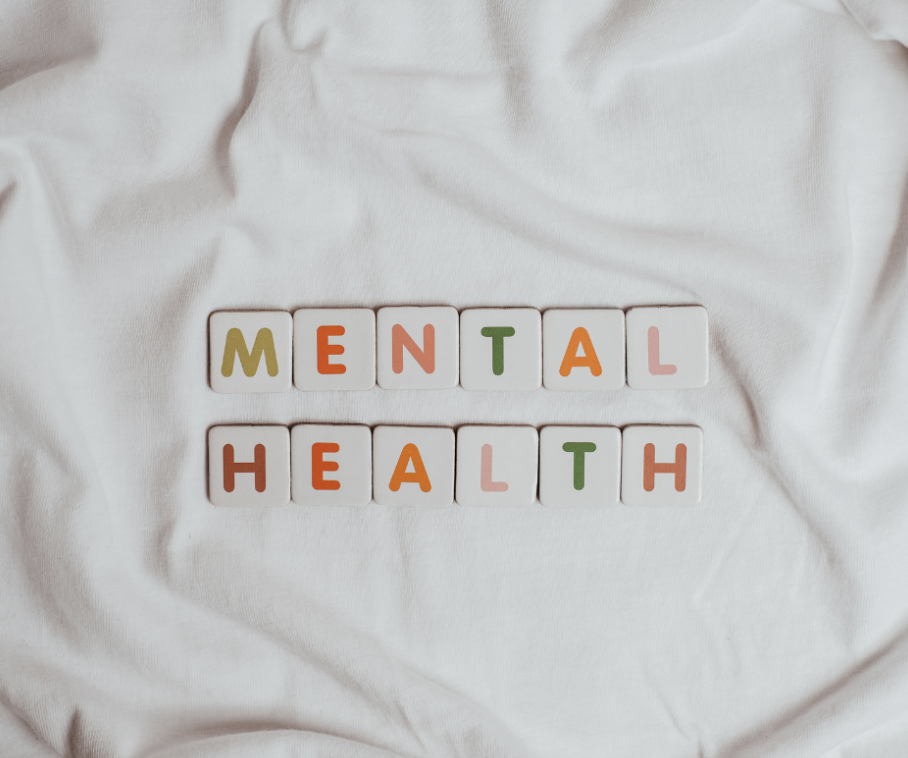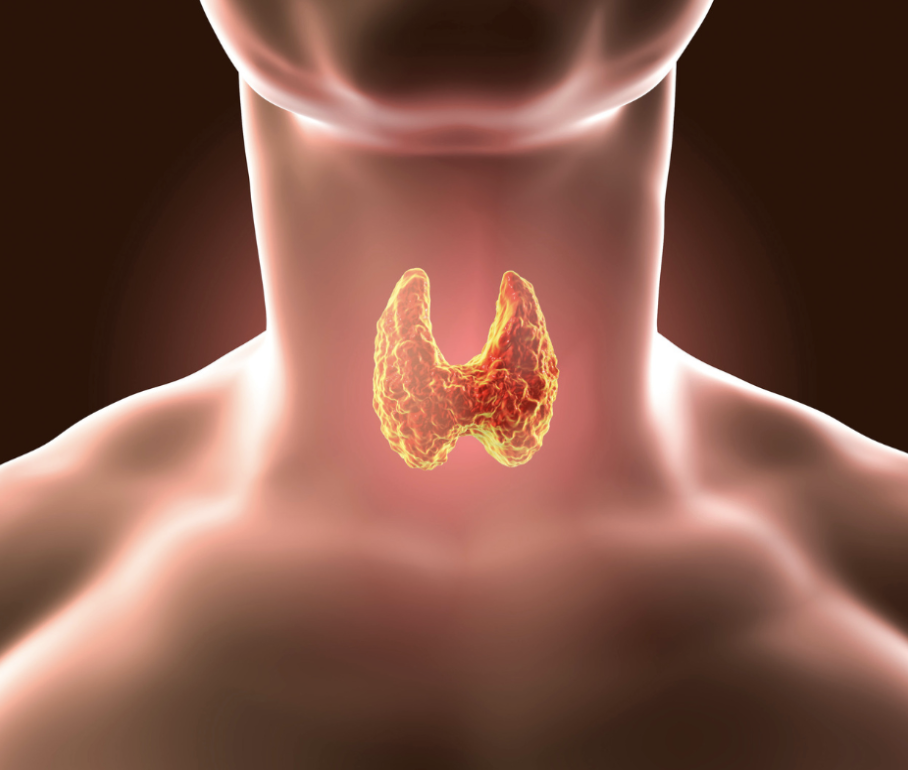The Mind-Body Connection: Unveiling the Impact of Hormones on Mental Health
Have you ever felt a sudden change in your mood, and you didn’t know what caused it? Perhaps there was a connection between what you ate or how you exercised and how you felt. The truth is, many factors can affect our mental health, including the hormones that our bodies produce. Hormones, often associated with physical changes, play a significant role in our mental and emotional wellbeing. In this blog, we will delve into the connection between hormones and mental health and how understanding this relationship can help us achieve better health.

First off, what are hormones? Hormones are chemical messengers produced by the endocrine system that regulate many bodily functions. They play a crucial role in growth and development, metabolism, sexual function, and mood regulation. Some hormones, like cortisol, adrenaline, and insulin, are produced in response to stress or changes in physical activity. When these hormones are elevated, they can have a significant impact on our emotional and mental wellbeing.

One hormone that often affects mental health is estrogen. Estrogen levels fluctuate throughout a woman’s menstrual cycle and can result in mood changes. Women with low levels of estrogen may experience depression, irritability, and anxiety. Estrogen therapy has been found to improve mood and cognitive function in menopausal women, indicating the role of estrogen in mental health.

Testosterone is another hormone that plays a significant role in mental health. It’s often associated with masculinity and muscle growth, but it can also contribute to mood changes. Low testosterone levels in men have been linked to depression, irritability, and fatigue. On the other hand, high testosterone levels in women have been associated with improved cognitive function and positive mood.

Oxytocin, often referred to as the “love hormone,” is another hormone that affects mental health. It’s responsible for creating feelings of bonding and attachment and is released during social interactions like hugging, kissing, and sex. Low levels of oxytocin have been linked to anxiety, depression, and social isolation. Increasing oxytocin through social interaction and touch has been found to improve mood and emotional regulation.

The thyroid gland produces several hormones responsible for the regulation of metabolism, growth, and development. When these hormones are imbalanced, they can have a significant impact on mood and cognitive function. Hypothyroidism, a condition where the thyroid gland doesn’t produce enough hormone, is often associated with weight gain, fatigue, and depression. Hyperthyroidism, a condition where the thyroid produces too much hormone, can result in anxiety, irritability, and difficulty sleeping.
The mind-body connection is a complex interplay between many factors, but understanding the role of hormones in mental health can help us achieve better overall health. Hormones, often associated with physical changes, can have a significant impact on our mood, emotions, and cognitive function. There are many ways to regulate hormone levels, including diet, exercise, and medication. If you’re experiencing any unusual mood changes or symptoms, it’s essential to speak with a healthcare provider to identify any underlying hormonal imbalances. Remember, taking care of your mental and physical health is critical for living a healthy, happy life.







Comments are closed